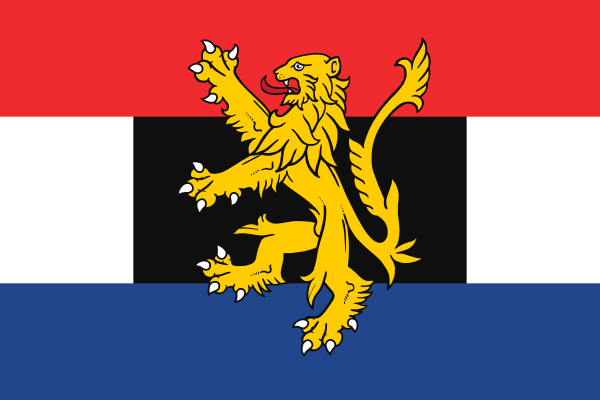 |
| Brite Strike "tactical lighting" |
Jurisdiction rules within the 2005 Benelux Convention for Industrial Property (BCIP) however explicitly disallow the place of registration as a connecting factor leading to jurisdiction. In the case of disputes regarding validity of marks, it grants jurisdiction to the location where the seat of the trademark owner is: Luxembourg.
A few years ago the Dutch Hague Court of Appeal decided that not the Benelux Convention, but the Brussels I convention was relevant for determining jurisdiction, after which Dutch courts would evaluate jurisdiction on both conventions, and -in case of a conflicting conclusion- would suggest to ask CJEU.
The discussion in Dutch courts was almost a philosophical one. Since entry into force of the Brussels I regulation new conventions on jurisdiction between member states are not allowed anymore. The 2005 BCIP was clearly newer and thus was not allowed to take precedence (as the Hague court of appeal held), but it took its jurisdiction rules directly from the much older Benelux Convention on Trademarks and the Benelux Convention on Industrial Designs that it replaced. In other words, there were "old" jurisdiction rules about "old" Benelux IP rights, copy pasted in a "new" BCIP convention.
Advocate General
 |
| Advocate General Henrik Saugmandsgaard Øe |
Court decision
 |
| The Benelux, a Union to be allowed "completion" |
The provisions of the Treaties shall not preclude the existence or completion of regional unions between Belgium and Luxembourg, or between Belgium, Luxembourg and the Netherlands, to the extent that the objectives of these regional unions are not attained by application of the Treaties.Based on this article, the court decided it had to establish whether:
1) Rules can only remain in force to the extent the Benelux "is further advanced than the internal market"
This was the case according to CJEU, when it compared the regulations regarding harmonisation of national trademarks with the Benelux trademarks (one could however also say that the Benelux is not more advanced, because with the Union Trademark, the EU is just as advanced!)
2) The rules are indispensable for the proper functioning of the Benelux system
The court found an argument for this in the fact that the EU regulator had also deemed Brussels I unsuitable for the unitary EU Trademark (where jurisdiction is governed by the EU Trademark Regulation), and also by the fact that multiple languages exist in the Benelux thus making a jurisdiction system necessary where the defendant can be heard in his own language.
3) the rules cannot "compromise the principles which underlie judicial cooperation in civil and commercial matters in the European Union"
This last requirement (also suggested by the AG) was held to be fulfilled, especially because the system is place of the defendant-based, which is also a corner stone of the Brussels I regulation.
conclusion
So
-the AG tries to fit the BCIP within te exception of Article 71 of the Brussels I regulation by regarding that treaty as an "older" treaty because it is part of an older system of conventions, using Article 350 TFEU (the "Benelux exception") as an argument
-The Court starts of with Article 350 TFEU (the "Benelux exception") and looks whether article 71 in this case is in conflict with that, and thus should be put aside.
That is quite a different reasoning boiling down to the same conclusion: Benelux rules govern jurisdiction in Benelux Trademarks.
-the AG tries to fit the BCIP within te exception of Article 71 of the Brussels I regulation by regarding that treaty as an "older" treaty because it is part of an older system of conventions, using Article 350 TFEU (the "Benelux exception") as an argument
-The Court starts of with Article 350 TFEU (the "Benelux exception") and looks whether article 71 in this case is in conflict with that, and thus should be put aside.
That is quite a different reasoning boiling down to the same conclusion: Benelux rules govern jurisdiction in Benelux Trademarks.
Especially with regards to point one above, it would be easy for the court to come to the opposite conclusion, which would have required the court to see if it would follow the AG opinions reasoning regarding article 71.
For the Benelux, this decision is more welcome than the AG decision as it reinforces (or at least confirms ) the rights of article 350 TFEU regarding IP rights, even if they are already unified. The Benelux thus could come up with a unitary copyright (or even European patent ;-)) if they wanted to. Whether that is really helpful is a different matter: there seems not much political will to further "complete" the Benelux Union...